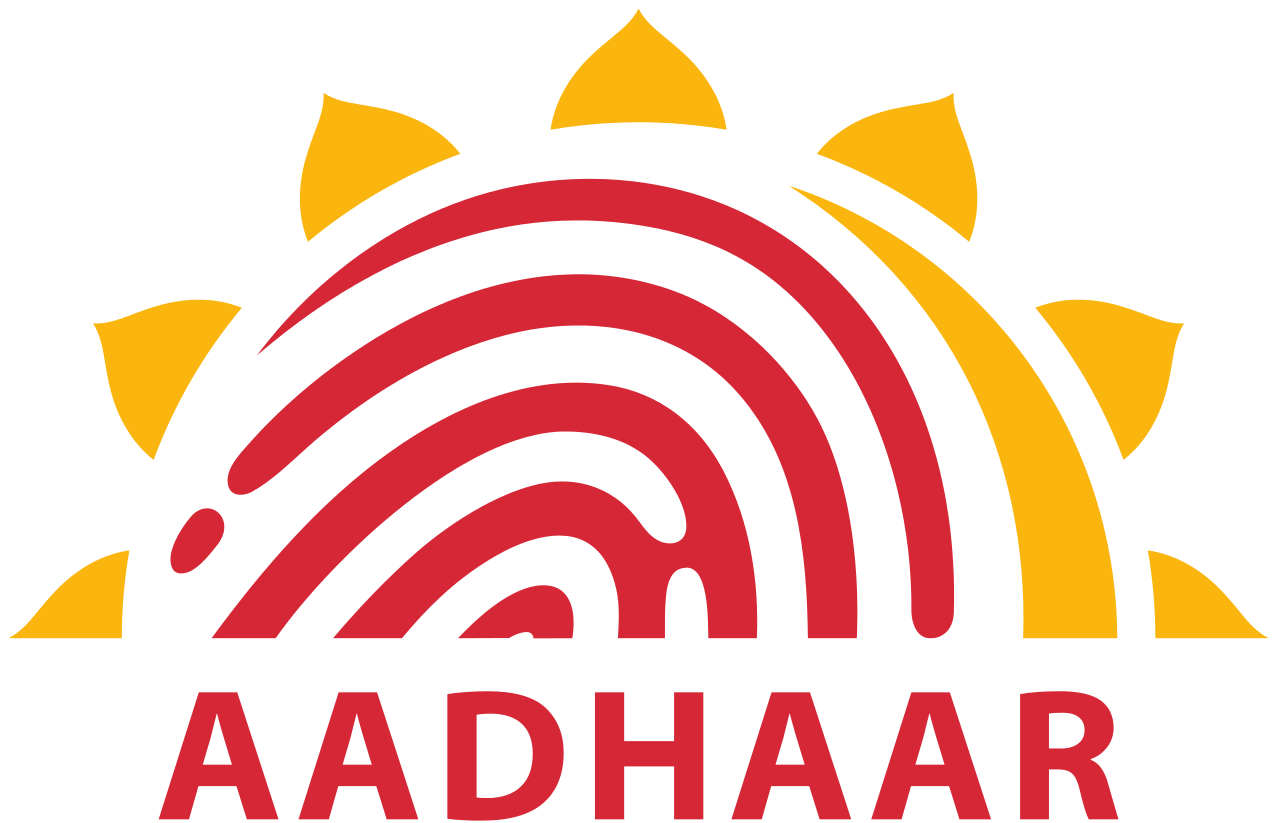Economy
The Government Needs To Get Cracking On The NIAI Bill

Modi government should get cracking on the NIAI Bill which makes both the government and UIDAI accountable and also addresses the privacy issues concerning Aadhaar.
The Supreme Court order limiting the use of Aadhaar to only the public distribution system (PDS) and provision of cooking gas subsidy for now is being seen as a victory for activists and a slap for the various government agencies which had approached the Court asking for permission to allow the biometric-based identity proof be used for more services.
It would be unwise to see the issue in such binary terms.The matter came up before the Supreme Court because a spate of petitions challenging the use of Aadhaar had been filed across the country. The short point of most of these petitions was that the insistence on Aadhaar to avail a host of services – from opening bank accounts to getting subsidies and doles – is discriminatory since it denies those who do not have an Aadhaar number all these services and benefits.But in fact just the opposite happens.
Though Aadhaar only proves identity and not eligibility, it enables the government to ensure that an ineligible Peter faking identity documents does not get the benefits an eligible Paul is entitled to. In a subsidy regime burdened by huge leakages, this is a huge point in its favour.
In fact, the Supreme Court’s August order limiting use of Aadhaar only for PDS and LPG subsidy (because the government had already traveled very far down that road) is slightly flawed to the extent that it left NREGA out of it. NREGA is a huge source of corruption and bogus muster rolls and the Court should have allowed compulsory use of Aadhaar for this as well. It is also unfortunate that the Court stopped even voluntary use of Aadhaar.
But are the concerns over privacy (one of the few on which those on opposite sides of the ideological spectrum are united) exaggerated?
The Unique Identity Authority of India (UIDAI) keeps insisting they are, but activists like Usha Ramanathan have often cited examples to show how the data collection process has loopholes which allow privacy violations. The evidence is quite credible.It is also true that various consent clauses in the Aadhaar form are not properly communicated and even educated people have unknowingly ticked the box allowing sharing of information.
These are valid – and important – issues that should not be dismissed just because a bunch of activists are raising them.But privacy violations alone should not be a reason to junk a perfectly valid – and relatively more error-proof – identity document.
Instead the government should get cracking on plugging loopholes that the activists have highlighted and, more importantly, on giving Aadhaar legislative backing.The United Progressive Alliance government (which brought in the Aadhaar idea) had tabled the National Identification Authority of India (NIAI) Bill in 2010. It went to a parliamentary standing committee which raised some concerns. Nothing has moved on the Bill since then.
The NIAI Bill, which will give statutory status to the UIDAI, is important and necessary. It makes the UIDAI and the government accountable. The Narendra Modi government dragging its feet on this crucial Bill is inexplicable, especially when it has not hesitated to use the ordinance route on other far more politically contentious laws. After all, Aadhaar is central to its effort to deliver subsidies in a better targeted and more efficient way. So why not get the NIAI Bill through and end one aspect of the problem?
Ultimately, there has to be reason on all sides. Activists should stop hindering even the voluntary use of Aadhaar. And the government should address concerns on privacy and other implementation issues and get cracking on the NIAI Bill while addressing the flaws that the standing committee and other experts have pointed out.
Introducing ElectionsHQ + 50 Ground Reports Project
The 2024 elections might seem easy to guess, but there are some important questions that shouldn't be missed.
Do freebies still sway voters? Do people prioritise infrastructure when voting? How will Punjab vote?
The answers to these questions provide great insights into where we, as a country, are headed in the years to come.
Swarajya is starting a project with an aim to do 50 solid ground stories and a smart commentary service on WhatsApp, a one-of-a-kind. We'd love your support during this election season.
Click below to contribute.
Latest